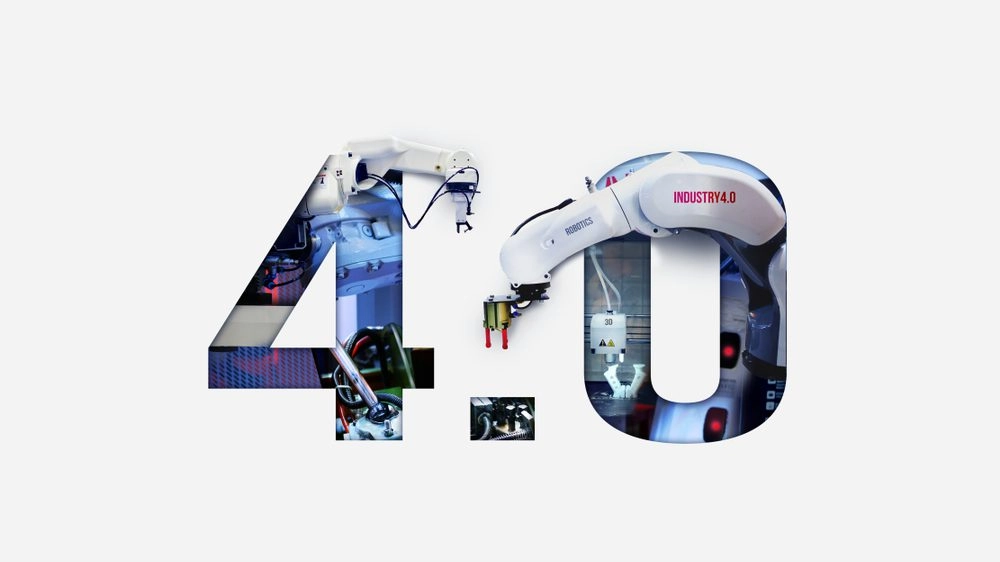Article
3 min read
What do you need to know about Industry 4.0?
In our previous article, we followed through the three industrial revolutions in human history to date, looking at their essence and their earth-shattering impact on society and people's lives. Now, hereunder we take a look at the most recent, ongoing fourth industrial revolution, better known as Industry 4.0, to learn its most important aspects.

The theory...
The position paper of the European Parliament published in 2016 reads: "Industry 4.0 describes the organisation of production processes in which devices communicate autonomously with each other along the value chain: creating a 'smart' factory of the future, in which computer-controlled systems monitor physical processes, create a virtual replica of physical reality and make decentralised decisions based on self-organising mechanisms."
It is therefore clear that, compared with the third industrial revolution just one 'version' earlier, here efficient communication between devices is already being put into practice, while the human factor remains an important element in the innovations of the present and the future. It is important to bear in mind that Industry 4.0 does not primarily denote a specific product or technology, but rather functions as a vision. To be specific, as a vision that outlines a production process in which all manufacturing operations and related activities (be it suppliers, factories, distributors, or even the product itself) are digitally connected, providing an integrated value chain.
...and practice
Now that we know what Industry 4.0 is all about, it is worth thinking about how we as corporate managers can benefit from it, and how can we bring the industrial innovations currently underway in our service.
The first and most important thing is planning: It's worth thinking about how we want our business to look in 5 or 10 years, and when planning, it's also worth considering which areas need the most improvement and starting implementation with those. However, it is important not to overlook long-term goals, not to think only on a project basis either, and not to leave out of the equation: Estimating the expected return on investment!
In fact, a study has shown that introducing Industry 4.0 can lead to improvements of up to 30-50% in downtime, 15-30% in productivity, and 10-20% in output and quality-related costs. But what do you do if you do not want to bother with all that and would rather concentrate on other things in your company? Contact us now!
















